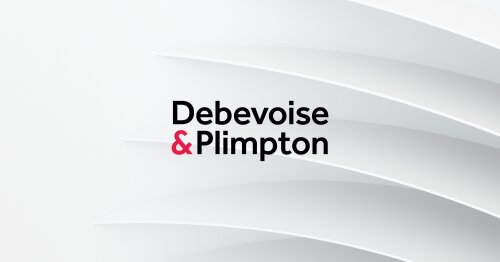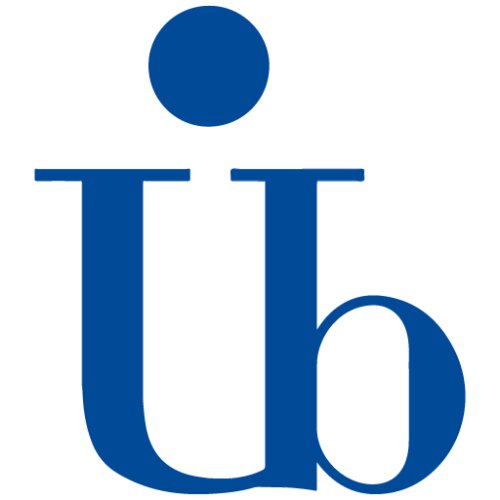Best Antitrust Lawyers in France
Share your needs with us, get contacted by law firms.
Free. Takes 2 min.
Or refine your search by selecting a city:
List of the best lawyers in France
About Antitrust Law in France
Antitrust law in France, known as "droit de la concurrence," is designed to maintain fair competition within the market. It is part of a larger framework of laws that prevent anti-competitive behavior such as monopolies, price fixing, and abusive market dominance. These laws ensure that companies compete fairly, fostering innovation and protecting consumer interests. The French Competition Authority (Autorité de la concurrence) is responsible for enforcing antitrust laws and taking action against violations.
Why You May Need a Lawyer
There are several scenarios where seeking legal advice in antitrust matters could be crucial. Businesses may need guidance when entering into new partnerships or mergers to ensure compliance with competition laws. Companies that suspect anti-competitive practices by rivals or supply chain partners may require legal assistance to address grievances or file complaints. Additionally, any enterprise facing an investigation by the French Competition Authority or accused of violations would benefit from specialized legal counsel to navigate the complexities of the legal system and minimize potential repercussions.
Local Laws Overview
French antitrust laws are aligned with EU competition regulations but have specific local provisions. Laws focus on:
- Cartels: Agreements between businesses that restrict competition.
- Abuse of Dominance: Practices by a dominant firm that prevent or reduce competition.
- Merger Control: Monitoring of business mergers to prevent harmful market concentration.
- State Aid: Government support that might affect competition within the EU single market.
The penalties for violations can include significant fines, dissolution of agreements not complying with regulations, and orders to cease harmful practices.
Frequently Asked Questions
What constitutes anti-competitive behavior under French law?
Anti-competitive behavior includes practices like cartels, where firms coordinate pricing or supply, abusing dominance to eliminate competitors, and other actions that unfairly restrict market competition.
How does the French Competition Authority enforce antitrust laws?
The Authority investigates potential violations, conducts hearings, and has the power to impose penalties including fines and sanctions on offending companies.
Can individuals file complaints about antitrust violations?
Yes, individuals or companies can lodge complaints with the French Competition Authority if they suspect anti-competitive practices.
What is the role of the EU in French antitrust law?
While France has its own regulations, EU competition rules take precedence, particularly in matters involving cross-border activities within the EU.
Are mergers and acquisitions regulated under French antitrust law?
Yes, mergers that meet certain thresholds require notification and approval from the French Competition Authority to ensure they do not harm competition.
What penalties can be imposed for antitrust violations?
Penalties may include fines, which can be substantial, orders to stop certain practices, or even structural remedies requiring a company to divest assets.
Does antitrust law apply to government actions?
State aid that distorts competition within the internal market can be challenged under EU competition rules, although specific rules apply.
How long does it take for antitrust investigations to conclude?
The duration of investigations varies depending on the complexity of the case. Some can be concluded in months, while others may take several years.
Can companies appeal decisions made by the French Competition Authority?
Yes, companies have the right to appeal decisions to the Paris Court of Appeal, and potentially to the Cour de Cassation.
What should businesses do to ensure compliance with antitrust laws?
Businesses should regularly review practices, provide compliance training to employees, and seek legal advice to ensure adherence to competition laws.
Additional Resources
For further information, consider consulting the following resources:
- French Competition Authority (Autorité de la concurrence) for official guidelines and decisions.
- European Commission's Directorate-General for Competition for matters relating to EU-wide competition law.
- Legal libraries and academic publications for in-depth analysis and case studies.
Next Steps
If you require legal assistance in antitrust matters, consider the following steps:
- Consult with a lawyer specializing in competition law to assess your situation and legal options.
- Gather all relevant documentation and evidence related to your concerns or case.
- Reach out to the French Competition Authority if you wish to report anti-competitive behavior.
- Stay informed about both French and EU competition laws to ensure ongoing compliance and awareness of your rights.
Lawzana helps you find the best lawyers and law firms in France through a curated and pre-screened list of qualified legal professionals. Our platform offers rankings and detailed profiles of attorneys and law firms, allowing you to compare based on practice areas, including Antitrust, experience, and client feedback.
Each profile includes a description of the firm's areas of practice, client reviews, team members and partners, year of establishment, spoken languages, office locations, contact information, social media presence, and any published articles or resources. Most firms on our platform speak English and are experienced in both local and international legal matters.
Get a quote from top-rated law firms in France — quickly, securely, and without unnecessary hassle.
Disclaimer:
The information provided on this page is for general informational purposes only and does not constitute legal advice. While we strive to ensure the accuracy and relevance of the content, legal information may change over time, and interpretations of the law can vary. You should always consult with a qualified legal professional for advice specific to your situation.
We disclaim all liability for actions taken or not taken based on the content of this page. If you believe any information is incorrect or outdated, please contact us, and we will review and update it where appropriate.
Browse antitrust law firms by city in France
Refine your search by selecting a city.
















